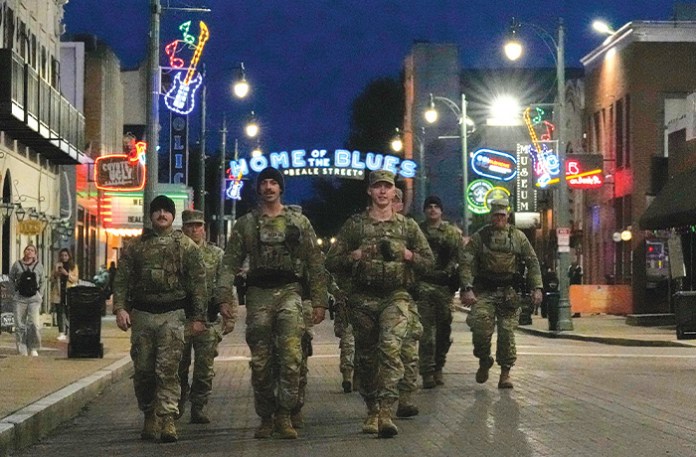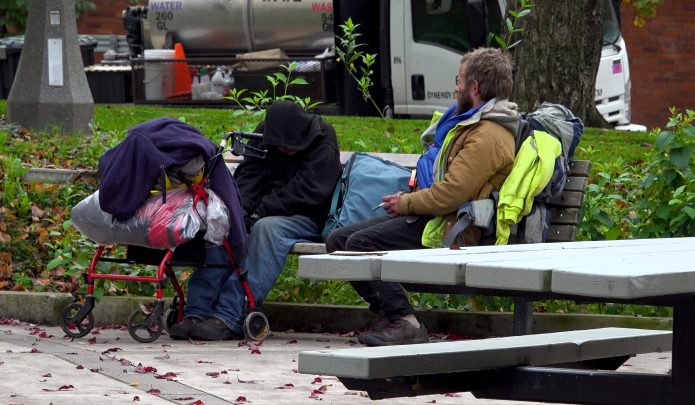Copy Our Pie Night Tradition To Build A Better Community
The author shares a beloved family tradition called “Pie Night,” started in middle school shortly after moving to a new neighborhood. On the Wednesday before thanksgiving, their family invited neighbors to bring pies and gather for dinner, creating a warm, communal event inspired by a similar tradition from a Midwestern town. Over the years, the event grew to include multiple streets, local firefighters, and a friendly pie competition complete with a trophy. Despite challenges like vote rigging, the tradition fostered trust, connection, and shared prayer among neighbors, becoming a meaningful anchor through seasons of change.
Reflecting on this tradition, the author emphasizes the importance of building genuine relationships within one’s local community, especially in an age of digital disconnection and information overload. They encourage readers to engage personally with neighbors and serve faithfully in their immediate circles,highlighting that true cultural and spiritual renewal begins close to home. Christians,in particular,are called to love their neighbors authentically,sharing faith,praying for others,and creating opportunities for meaningful fellowship-weather through simple acts like sharing baked goods or inviting others to church. The holiday season is seen as an ideal time to nurture these local connections, embodying Christ’s love in practical, neighborly ways.
My family started my favorite Thanksgiving-week tradition when I was in middle school, not long after we moved to a new neighborhood.
We invited our cul-de-sac neighbors to our house on the Wednesday evening before Thanksgiving — a big step for a family of majority introverts fairly new to the area. Everyone was tasked with bringing themselves and a pie to share. My mom made chicken pot pie for dinner and, as the gathering grew in size over the years, shepherd’s pie as well.
The tradition was inspired by a family we knew in a Midwestern small town where we used to live and is oh-so-originally termed “Pie Night.” The goal of the event is to gather and enjoy as much pie as possible the night before Thanksgiving, since, of course, you’ll be too full to really enjoy dessert the next afternoon. But my family saw God use it for so much more.
After a great turnout the first year, we kept it up. The invitations spread beyond the cul-de-sac to other streets in our little piece of suburbia — even to the local fire station when a few of the firefighters stopped by with the truck between calls. Guests brought everything from homemade sweet potato pies to fruit pies to Costco pumpkin pies (a crowd-pleaser big enough to feed the small army of neighborhood children in attendance). One neighbor notoriously brought pizza “pies” for the pickier eaters.
It got really serious when my dad invested in a trophy to award to the family who brought the best pie. (My mom strictly forbade any votes from going toward her delicious dinner pies.) The trophy has since traveled around the neighborhood, although I believe it’s been most consistently awarded to the professional baker who lived down the street — it was hardly a fair competition when she showed up with her caramel banana cream pie.
Image CreditCourtesy the Jefferson fam
We did, however, quickly discover just how riggable our pie elections were. It’s dangerous giving young children or nonresident family friends in town for the holiday multiple votes to cast for the pies they supposedly like the best. Once the trophy upped the stakes of the competition, we had to figure out a way to prevent the victory from automatically going to whoever brought the most people with them to the event. (Holiday ballot-harvesting schemes were definitely underway.) We eventually settled on a system in which each family or party was allotted a certain number of votes, rather than each attendee. Election integrity drastically improved under this method.
At the start of each gathering, before the buffet line formed, the whole crew would pray together. Something short and sweet, thanking the Lord for the chance to gather, and maybe offering up a quip or two asking Him to unseat the incumbent before voicing a collective “Amen” in Jesus’ name.
Although we may have had to skip Pie Night during a few different years due to family travel — and once courtesy of Dr. Fauci — the tradition became a staple, a consistency amid old families moving away, new ones moving in, kids growing up, and graduates leaving home, as I did.
Last Thanksgiving was my parents’ last year in the neighborhood. My sister and I flew home for the holiday and jumped back into the sweet routines of helping our mom prep the food and the house on Wednesday night. All the neighbors came with their pies, and all the children I knew as toddlers were somehow taller than me. We prayed, crowned the winner (guess who), and at the end of the night, reminisced in light of my parents’ impending departure to a new state in a few months. I remember one of the neighbors saying that they planned to carry on the tradition, even after we left, and we were sure to leave the trophy behind so that it might continue its rounds in the years to come.
At the risk of sounding nostalgic (we all need a small dose of sentimentality now and then), reflecting on Pie Night during my first full year of not returning to my old neighborhood reminded me of some very grounding truths entering the holiday season — most importantly, that the cultural reform we desire as Christians and conservatives starts next door and across the street.
My neighbors were already tight-knit when we joined the cul-de-sac, but they immediately invited us to their block parties, introduced themselves and their children. This opened the door for us to open our home and contribute our own gifts and time. I don’t know where all my neighbors stand in their faith or even — apart from a couple of yard signs — how all of them lean politically. But I did grow up babysitting their kids and watering their plants. I heard some of their stories of redemption, baptism, and marriage. Trust was built, and several of us prayed for each other in hard times. Ultimately, we encouraged each other to love family and the Lord.
‘Intersect Our Actual Lives’
In an age of AI grandparents, formless online profiles, and globalization to no end — where the idols of dissociation and personal comfort relentlessly demand empty reverence — it is healthy to remind our souls that we are embodied creations living in specific places and communities. Amid information overwhelm, where it is just impossible to care about every national news story, it is healing to focus instead on the people and opportunities God has laid in your direct line of vision.
One of my favorite prayer books, Every Moment Holy, contains a variety of liturgical reflections for the seemingly mundane moments of life. A go-to prayer in the book is titled “A Liturgy for Those Flooded by Too Much Information,” which reads:
Guard us then from shutting down our empathy or walling off our hearts because of the glut of unactionable misery that floods our awareness. You, [Lord,] have many children in many places around this globe. Move each of our hearts to compassionately respond to those needs and interests that intersect our actual lives, that in all places, [the body of Christ] might be actively addressing the pain and brokenness of this world, each of us liberated and empowered by your Spirit to fulfill the small part of your redemptive work assigned to us.
Whether you’re married, single, old, or young, the holiday season can be the perfect time to connect and reconnect — with the family, the friends, or the neighbors in your life. To discover the “interests that intersect our actual lives.” Surely, not every neighborhood is suited to large gatherings or inviting certain people into your home (protecting families always comes first). If that’s the case, start small. Go back to the basics. Ask the Lord to reveal why He has placed you where you are. Never underestimate the power of dropping off some baked goods for the new family who just moved in. Get plugged in to serve at your local church, most of which have active ministries in the community, and meet other believers.
Christians in particular are called to love our neighbors — not in the toxic-empathy, socially hijacked, virtue-signaling sense — but biblically, as Christ has loved us. Whether they are believers or not, speak the Word of God into their lives and build them up. Share truth and help protect their families from darkness. Fight for them in prayer and invite them along to church. Break bread (or slice pie) together, make memories, and watch the Lord work as only He can.
Maisey Jefferson is a staff editor at The Federalist. She graduated from Gordon College in the greater Boston area with a degree in English and Professional Writing.
" Conservative News Daily does not always share or support the views and opinions expressed here; they are just those of the writer."




